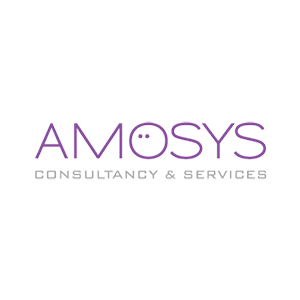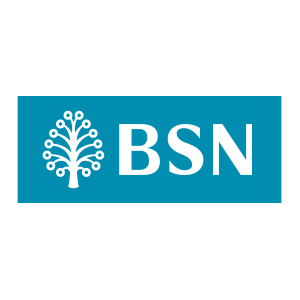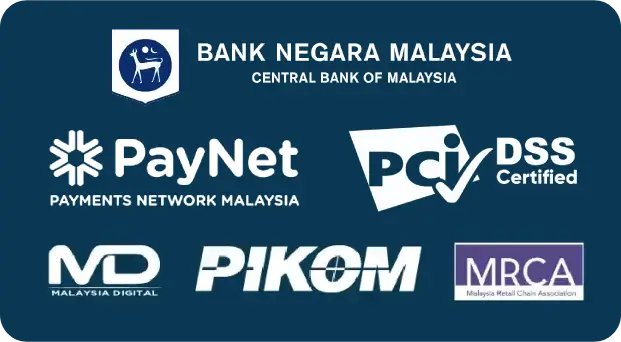
If you run a small business in Malaysia whether it’s a tuition centre, a small clinic, or you freelance from home, there’s something important coming your way in July 2025.
The government is rolling out changes to SST (Sales and Services Tax). More businesses will now need to charge 6% tax on their services even if they’ve never done so before. For many of us, this might be the first time dealing with this kind of thing.
Don’t worry. You’re not alone. A lot of us are figuring this out together.
This article is here to explain, in plain terms, what the SST changes mean, who needs to care, and how Paydibs, a payment gateway in Malaysia can actually help take some of the stress away.
What’s Changing With SST?
More types of businesses now need to charge SST
In the past, SST only applied to certain industries. Now, it’s being expanded to cover more service-based businesses, including:
- Private education – like tuition centres and online courses
- Healthcare – including clinics and therapy centres
- Rental services – such as warehouses or office spaces
- Freelancers – consultants, designers, advisors
- Digital services – software subscriptions, content platforms
- Financial advisory and investment services
So if you fall into one of these categories and your annual income crosses the threshold set by Customs you may now be legally required to register for SST, charge 6% tax to your clients, and submit monthly SST reports.
It sounds like a lot. And for many small businesses, it’s unfamiliar territory.
So Why Is This a Big Deal?
Let’s be real, most small businesses don’t have accounting teams. We’re doing everything ourselves.
You’re busy managing customers, chasing payments, and trying to grow. Now suddenly, you have to:
- Register for tax
- Add SST to invoices
- Keep proper records
- Send reports every month
It’s easy to feel overwhelmed.
But here’s the thing, you don’t have to do it all manually. If your payment system or payment gateway is properly set up, it can do most of the heavy lifting.
How Your Payment Gateway Can Actually Help
Think of your payment gateway as your behind-the-scenes helper. It’s not just there to accept payments—it can also:
Add SST Automatically
Let’s say you charge RM1,000 for a training session. Your payment system can automatically add 6%, so your customer sees the total as RM1,060. No calculator needed. No manual error. Everything’s clear from the start.
Send Out Proper Receipts
When someone pays you, they should get a receipt that shows exactly what they paid—including the SST. A good system will generate a receipt that includes:
- The tax amount
- Your SST registration number
- A full breakdown of the transaction
It keeps everything above board and professional. If you’re ever audited, this kind of documentation makes life a lot easier.
Track Everything for Your Tax Filing
Every month, you’ll need to report how much SST you collected. That’s where things can get messy unless you’ve got a payment system that already tracks it for you.
A proper gateway will log every transaction, total up the SST, and let you export the data. You can hand that to your accountant or submit it yourself. Either way, it saves time and stress.
Handle Mixed Charges (Some Taxable, Some Not)
Let’s say you run a wellness centre. Some of your services are taxable, like massage therapy. But you also sell supplements, which may not be taxed.
You don’t want to mess that up. A good payment system can split those items, apply tax to only the right ones, and show everything clearly on the receipt.
Who Is Affected By The Change?
Here’s a quick list. If you’re doing any of the below, it’s time to check your SST status:
Type of Business | What Might Be Affected |
Tuition or education services | You might need to charge SST on fees |
Private clinics | SST may apply to consultations or tests |
Freelancers / consultants | Your service fees may now be taxable |
Property rentals | SST applies to rental or management fees |
Digital content / SaaS | Subscriptions and digital services are likely taxed |
You may not have needed to care about SST before but this July, it could apply to you.
How Paydibs Are Ahead?
We’ve worked with all sorts of Malaysian businesses over the years—from café owners to tech startups to freelance tutors.
We know these new SST rules can feel like a lot to process. That’s why we’ve built our payment gateway and terminal system to make it as painless as possible.
With Paydibs, you can:
- Automatically calculate and show SST at checkout
- Send proper, compliant receipts
- Export clear monthly reports for your accountant
- Accept payments across online stores, mobile apps, or even smart terminals
In short, we’ve got your back whether you’re just getting started or adjusting to these new rules.
What Happens If You Ignore It?
Let’s not sugarcoat it, ignoring SST could mean:
- Fines or penalties from Customs
- Payment delays or legal issues
- Confused customers if receipts aren’t clear
- Losing business credibility
The best approach is to get ahead of it now. Update your system. Make sure your invoices are compliant. Start tracking your sales and taxes properly.
What You Should Do Next
Here’s your action plan:
- Check if your business type is affected
- Register for SST (check with Royal Malaysian Customs)
- Use a payment system that can handle SST calculations
- Start giving out SST-compliant receipts
- Keep monthly transaction records handy
- Submit SST reports by the deadline each month
It’s not fun but it’s manageable. Especially with the right setup.
Conclusion
This SST update isn’t just about tax, it’s about getting your business ready for the next level. Clear pricing, clean receipts, proper records these things show your customers that you run a legit, trustworthy operation. So whether you’re accepting payments online, through a smart terminal, or via a mobile app make sure your system is SST-ready.
Frequently Asked Questions
1. What is SST and how is it changing in Malaysia in 2025?
SST stands for Sales and Services Tax. From 1 July 2025, Malaysia is expanding SST to cover more services like education, healthcare, and digital platforms.
2. Who needs to register for SST under the new rules?
If you run a tuition centre, clinic, freelance service, or rent out properties, and your revenue exceeds the threshold, you may now need to register for SST.
3. How do I know if my business is affected by SST?
Check if your service is listed under the revised SST scope, and calculate your annual revenue. If you cross the threshold, you must register with Customs.
4. What happens if I don’t comply with SST regulations?
You could face fines, delays in business transactions, and potential audits by the Royal Malaysian Customs Department.
5. How can a payment gateway help with SST compliance?
A good payment system can auto-calculate SST, generate compliant receipts, track your tax records, and help you prepare for monthly SST reporting.
6. Do freelancers and consultants need to charge SST too?
Yes, if their income exceeds the threshold and the services they provide fall under the new SST list, they must charge 6% SST and submit reports.
Recent Posts
- Payment Infrastructure in Malaysia: Practical Business Guide
- Malaysia SME Payment & Compliance Guide (2026)
- How to Reduce Online Payment Failures: 10 Common Causes & Fixes
- Paydibs – AltPayNet Partnership Advances Financial Connectivity and Inclusion Between Malaysia and the Philippines
- How to Record Payment Gateway Fees in Your Accounts (Malaysia Guide)
Categories
Our Partners :





Paydibs is a leading payment solutions provider committed to simplifying transactions for businesses of all sizes.

